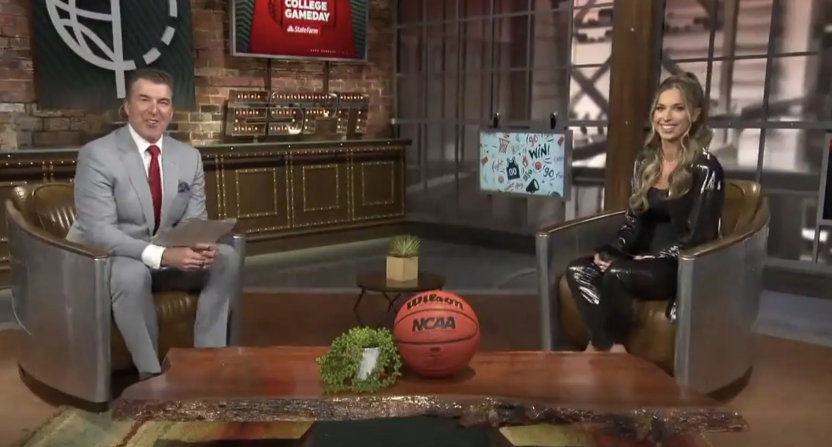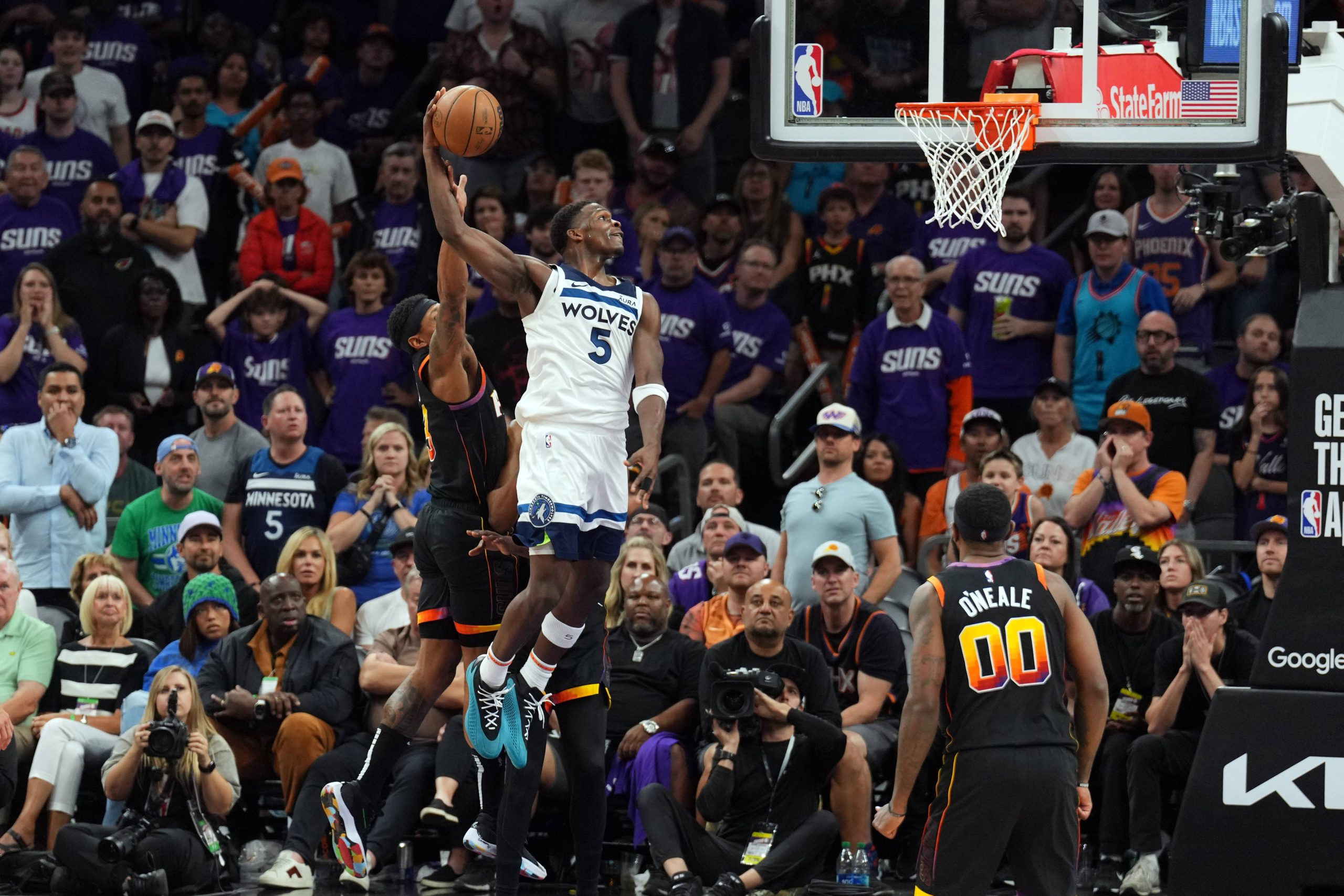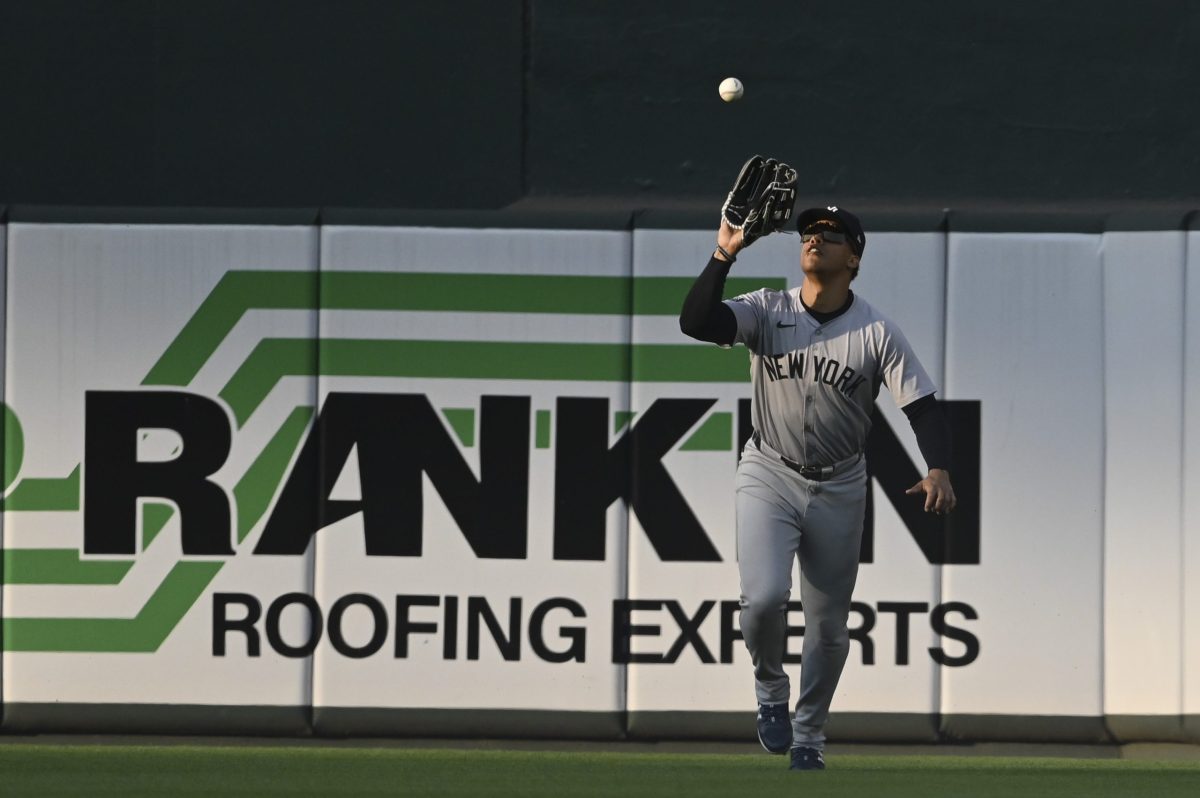Dustin Gouker covered the rise of daily fantasy sports and sports betting for nearly a decade at Legal Sports Report. He’s now a gambling and content consultant who publishes a gambling industry newsletter, The Closing Line.
Rece Davis tried to wrap up a sports betting segment on ESPN’s College GameDay on Sunday with some humor. And while there is certainly room for fun and jokes in sports betting, many were united in thinking Davis’ comments were tone-deaf.
Davis suggested that a bet by betting analyst Erin Dolan was like a “risk-free investment.” I think it’s pretty clear that the comment was made tongue-in-cheek – confirmed by Davis himself on Twitter – even though that sentiment isn’t unanimous.
I also don’t think it matters that it’s a joke. A few of my problems with what Davis said and where he said it:
- The biggest problem in my mind is that the segment was promoting ESPN Bet. That’s the new sportsbook operated by Penn Entertainment, which licenses the ESPN brand. In 2023, the legal U.S. sports betting industry stopped using “risk-free” language in marketing materials as a reaction to regulatory scrutiny. No matter what the relationship, and no matter the context, calling something risk-free is now considered off-limits. Saying it’s ok “as long as you’re joking” doesn’t fly given the history and is the definition of a slippery slope. We’re likely to see this episode scrutinized by at least one gaming regulator and maybe more.
- This isn’t the first rodeo for Penn, which bought Barstool Sports and launched the eponymous sportsbook before selling it back to Dave Portnoy for $1. Barstool was scrutinized for some dubious marketing around sports betting and particularly for its “can’t lose parlay” promotions. At the time, Penn and Barstool argued this was an obvious joke, around the same time that risk-free language was coming under fire. (Sense a theme here?)
- We’re also in the middle of perhaps the worst PR cycle for U.S. sports betting since it started expanding after a Supreme Court ruling in 2018. There’s been a lot of attention on responsible gambling in the wake of pieces by both 60 Minutes and the Wall Street Journal. Just last week, Rep. Paul Tonko announced his intention to introduce legislation that would severely limit sports betting advertising. Davis, joking or not, provided a pretty amazing soundbite that could be used to help the bill gain traction.
- Finally, March is literally Problem Gambling Awareness Month. It’s just a bad time for a joke that downplays the risk of gambling.
The brouhaha is all the more curious because you could argue ESPN has been pretty conservative in marketing ESPN Bet over its first four months of existence. You don’t see ESPN Bet ads hammering users on the site or the app, for instance; in fact, a lot of its written betting content downplays advertising the sportsbook.
You can think that Davis was joking and say it’s harmless because it wasn’t serious, and I can respect the opinion. However, the vast majority of people I know, respect, and follow in both gambling and sports thought the “joke” was half-baked at best and a terrible idea at worst (although that sentiment was far from unanimous.) And some amount of people thought the comment was not made in jest.
I’d argue very few people think enough money, time, energy, and thought has been expended on the potential harms that have accompanied the expansion of sports betting. I don’t think it’s going to lead to societal collapse as some like to allege. But it’s clear there are more people with gambling problems in the era of legal online sports betting in the U.S. I think it’s an issue to which the marketing partners of sportsbooks owe some deference rather than making glib remarks that downplay the risks associated with gambling.
If you think the reaction to Davis isn’t deserved, look at the gambling scandal involving Shohei Ohtani’s interpreter to see how nuance around gambling can be thrown by the wayside. Many people are finding ways to blame regulated sports betting for making the whole affair inevitable, even though the story is entirely about illegal gambling.
The comments by Davis demonstrate in real time what a lot of us already know: That gambling is getting integrated into our lives, sports, and content at a breakneck speed. And sometimes that integration is coming without enough care.
How much training is Davis or any other ESPN personality getting on how to approach gambling on broadcasts? Is he getting some guidance from Penn on the guidelines and guardrails, or is ESPN throwing him on TV with Dolan and hoping for the best? How much does Davis actually know about gambling when he’s asked to do these segments?
Davis’ comments didn’t come in a vacuum. They come at what may be a precarious time for the sports betting industry, and all the leagues and industries that benefit from it. They come after sportsbooks already agreed to stay away from problematic language. They come as policymakers, regulators, thought leaders, and others look for ways to rein in sports betting.
Maybe it will all be much ado about nothing. But I do know the sports betting industry could use fewer negative headlines right now, especially ones that result from a poor attempt at humor.






